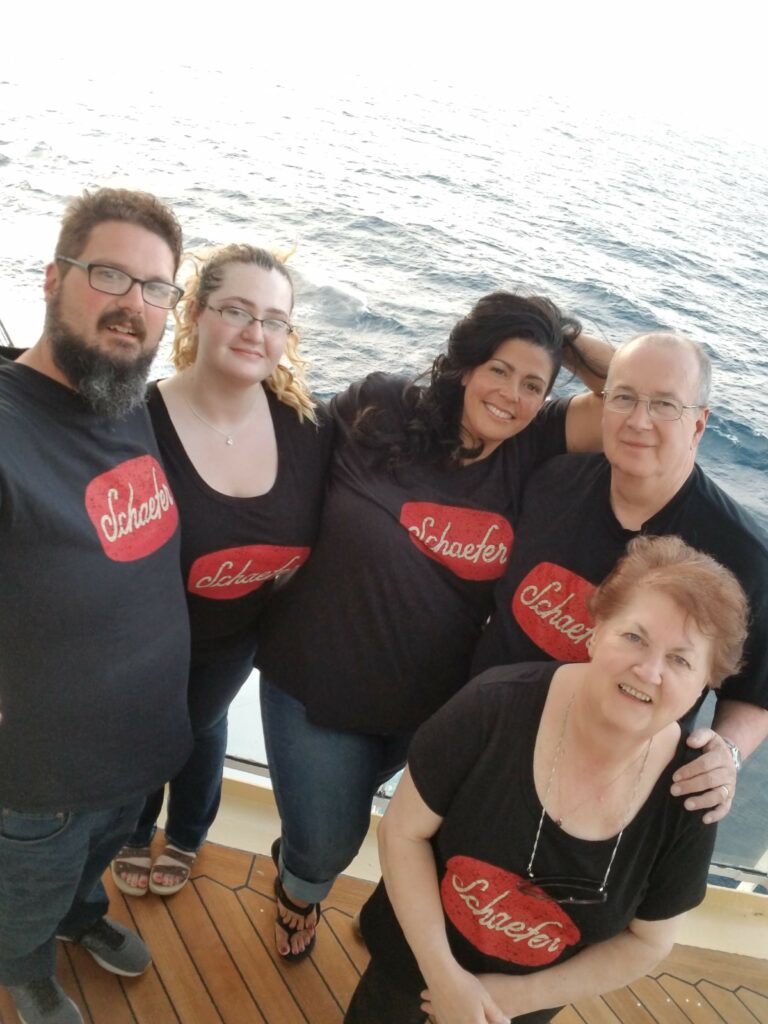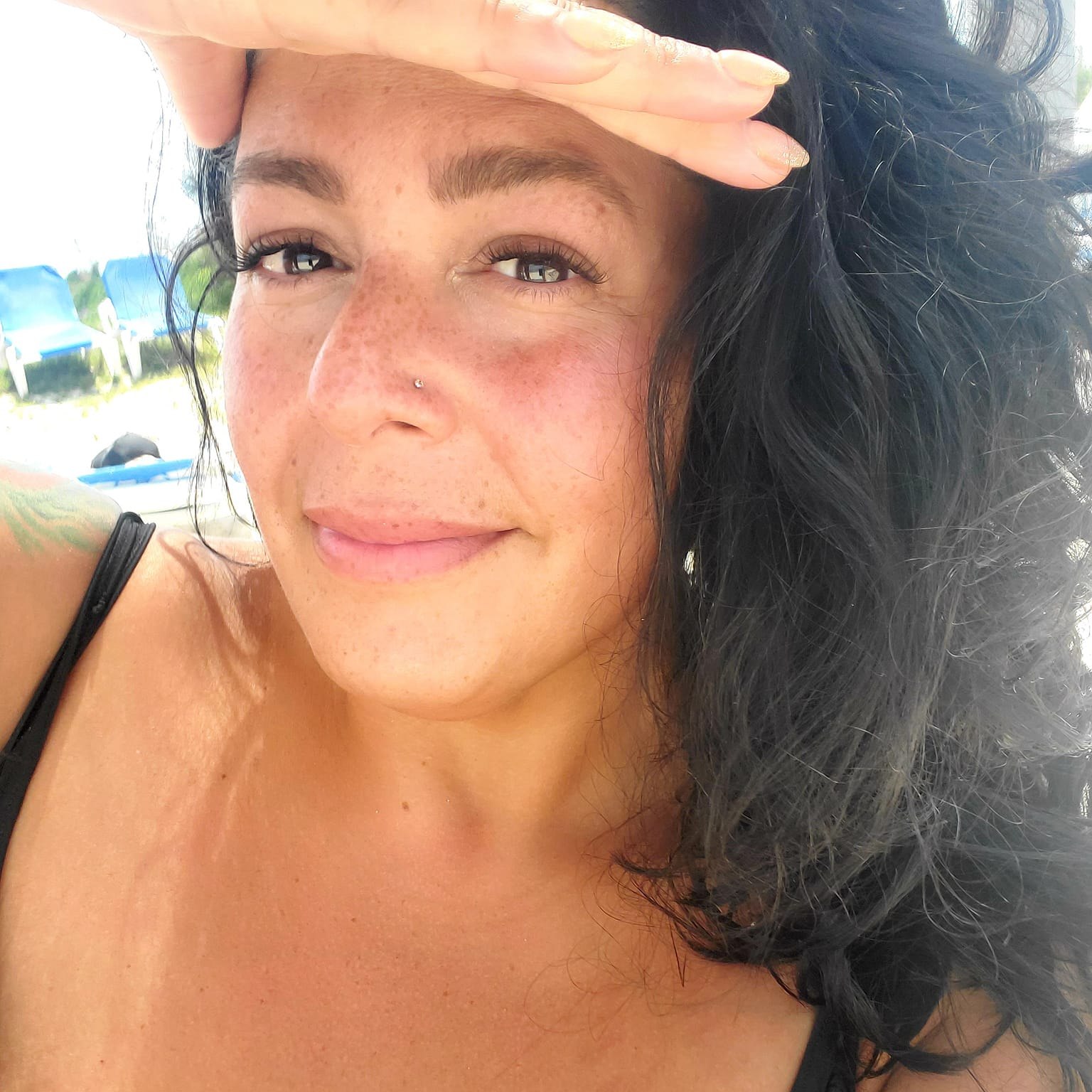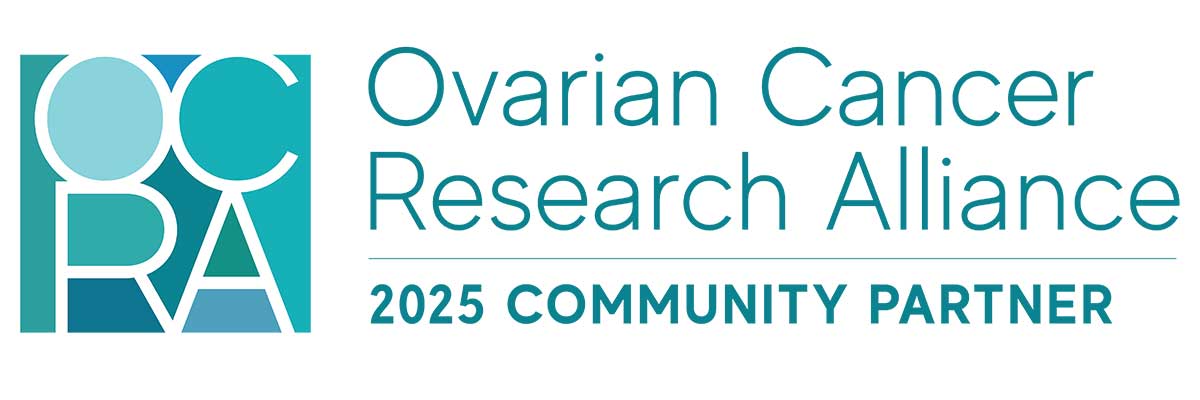by Christy Chambers
Christine Schaefer – A Resilient, But Reluctant, Advocate
I haven’t met Christine in person. This isn’t uncommon in this post-Covid era of Zoom and social media. We spoke to each other as she commuted home after work recently. Her warm voice and willingness to share her story belie the heartbreak she has lived through.
As we talked I was struck by her ability to embrace her life in total, “today we’re talking about the ugly parts of my life, but there are beautiful things in my life too.” She assured me that this had not always been the case. You see Christine was sexually abused and trafficked as a child. Her experience left her with fear, shame, complex PTSD, and an understandable reluctance to keep track of her gynecological health. She became very skilled at going through life, masking her emotions; she didn’t cry or laugh. She was highly functioning but not truly living.
She began therapy in her twenties and was committed to trying to heal her trauma. ‘But even when you are deeply involved in the healing process there is always a feeling that all your progress could be wiped out in an instant.’ She intentionally built a small life, keeping relationships beyond immediate family to a minimum.

In 2021 she began to experience abnormal bleeding. She ignored it. It happened again. She ignored it. Then in the winter of 2021, she had an episode where she experienced such extreme blood loss that an ambulance would have been warranted but, instead Christine drove herself to the ER where she received several transfusions.
After a multitude of tests and exams, she was told she had Stage 3 Endometrial Cancer. The doctor offered her no solutions, suggested she get her affairs in order, and estimated she had approximately two years left to live. Immediately Christine began to relieve her past trauma. “I was so disconnected from myself that I didn’t cry. I called my boss and told him I wouldn’t be coming to work that day and that I had cancer. I went straight home sat down in my chair and next thing I knew seven hours had passed. I was still in my coat still sitting in my chair and staring at the wall. And then Frieda called.”
Unbeknownst to Christine her boss had contacted Frieda Weeks, the president of Hope for Heather, an ovarian cancer awareness group. He asked if she would call Christine and help connect her with support and resources. Frieda called; and she talked Christine through the next few hours, instructing her to take off her coat, to turn on the lights, to eat, etc. Most importantly Frieda offered hope.
During her active treatment, Christine avoided ‘cancer everything’ in an effort to calm her complex PTSD and prevent herself from reliving her childhood trauma. After she received her NED (no evidence of disease report) she came to a very humbling realization: she had spent her years of therapy running away from her trauma instead of embracing her life experience. She had been going through the motions of healing but hadn’t actually allowed herself to do so. She describes it as a sort of cockiness. Her experience with cancer led her to a spiritual awakening that caused her to ‘speak truth to herself.’
Here are a few of the actions she took on her path to reclaiming her truth:
1. She made an effort to join both in-person and online cancer support groups. Christine felt that if she could authentically share her story she may be of service to someone else. That could be through a conversation in those groups, in person, or online.
2. She went back to the physician who diagnosed her for an honest discussion. She explained that as an abuse survivor, gynecological exams are traumatizing; and that her discomfort during the process was due to her reliving her abuse. Christine explained that she knew that many doctors are trained to look for signs of sexual abuse, but few are adequately trained to deal with abuse survivors. The physician was genuinely affected by this meeting and appreciated the discussion.
3. Today she is sharing her story PUBLICLY. She believes ‘God will place people in her path’ who will benefit from her knowledge.
Nowadays she lives her life more transparently. She is more willing to share her past because she no longer views it with fear or shame; instead, it is a testament to her resilience. She has found a way to balance the scales of her experience and the darkness she survived, to live her life in a truly authentic way. This has helped the people around her know how to love her better and in turn, she loves herself better. She believes ‘the dark moments bring us perspective and lead us to light.’ She desires to leave the world a better place and to help others ‘love themselves back to life.
To read more stories of survival head over to the Teal Diva Blog.
Looking for community, we’d love to hear from you.






